
Students of Chu Van An High School, Hanoi , during the 2024 high school graduation exam - Photo: NAM TRAN
According to Mr. Nguyen Van Hoang, principal of Nguyen Hue High School ( Thai Binh ), in the recent survey of graduation exam subjects, up to 80% of students chose social science subjects (two subjects chosen in addition to the two compulsory subjects of math and literature). Only 20% of students chose natural science subjects.
Outstanding social science subject
Mr. Nguyen Van Hoang said that after consulting and orienting students about their careers, the rate of students choosing two optional subjects, geography, economic education and law, is still the highest. Next are history - geography, history - economic education and law.
In the natural science group, the most chosen pair of subjects is physics and chemistry. English, technology and information technology are not chosen by students.
Sharing with Tuoi Tre, some principals in Hanoi, Hai Phong, Lao Cai... also said that preliminary survey results showed that the percentage of students registering for the 2025 high school graduation exam with social science subjects is higher, with many schools having this rate of 70-80%.
At a recent seminar evaluating the 5-year implementation of the 2018 General Education Program, an expert shared the results of a survey on registration for graduation exams in 2025. Accordingly, the pair of subjects history and geography had the highest selection rate, while the subjects biology, information technology, and technology were very few.
In 2023 and 2024, according to statistics from the Ministry of Education and Training, the number of candidates registering for the social science exam (with subjects of history, geography, and civics) is higher than that of the natural science exam (physics, chemistry, and biology). In 2024 alone, out of 1.07 million students registering for the high school graduation exam, up to 670,000 candidates registered for the social science exam (63%).
Want to choose but can't
According to the 2025 graduation exam plan, candidates will take four subjects, including two compulsory subjects (math, literature) and two optional subjects from the remaining subjects. However, there is an additional condition that candidates can only choose the subjects to take the exam from the subjects they have chosen to study in high school.
With this condition, the choice of subjects is not only determined when students are in grade 12 but is "tied" from grade 10 - the time when students must choose a group of subjects to choose. Students who want to choose subjects other than the subjects chosen when entering grade 10 will have to supplement their knowledge and meet the assessment requirements for the subjects they want to change.
A survey shared at the above discussion shows that many high school students want to register for more than two elective subjects in the group of subjects they have studied to increase their chances of being admitted to university. Among the additional subjects, except for history and foreign languages, which are two compulsory subjects of the 2018 General Education Program, the number of other subjects that students do not study in class is quite large.
Another survey data shared at the seminar: over 55.5% of students have the need to take exams to assess their abilities, thinking, and exams organized by training institutions. However, to participate effectively, many candidates face the obstacle of having to take exams on subjects they have not yet learned in high school. How to make up for this lack of knowledge to increase the chances of university admission for candidates next year is a problem.
According to Professor Do Duc Thai, chief editor of the math program of the 2018 General Education Program, the regulation that students can only choose exam subjects from the subjects they study is considered from the perspective of student rights.
“According to regulations, the high school graduation score is 50% the test score and 50% the three-year high school study score. This assessment method reduces the risk for students compared to only assessing based on test scores. Therefore, it is more beneficial for students to study a subject and register for the exam in that subject,” Mr. Thai analyzed.
However, there are other recommendations from experts when discussing the issue of choosing graduation exam subjects, saying that the regulations should be more flexible, allowing students to choose graduation exams with subjects not studied in high school - if they can self-study to have enough knowledge to take the exam.
In addition, the regulation requires students to take four subjects (two subjects of literature, math and two subjects of choice from the subjects they have studied), but if students have the need, they can take one or two more subjects... But this proposal is unlikely to be met.
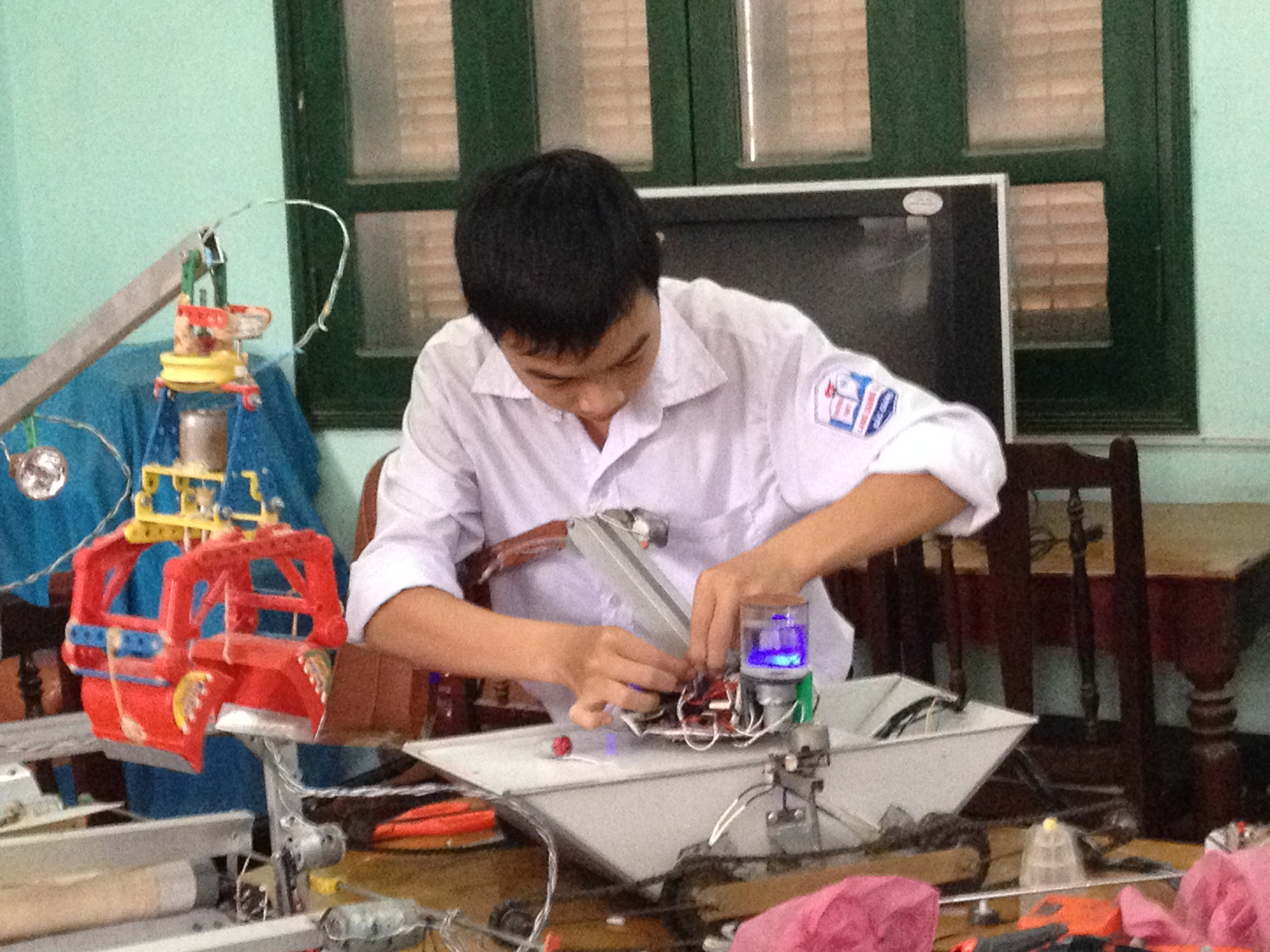
Students of Lao Cai High School during STEM practice session – Photo: VINH HA
Overwhelm
Many experts predict that in the upcoming high school graduation exam for students studying the 2018 General Education Program, the number of candidates who tend to choose social science subjects will be overwhelmingly higher than natural science subjects.
Not studying the subject can cause you to miss 0.5 points on the exam.
In the sample exam for the 2025 high school graduation exam just announced by the Ministry of Education and Training, content from the topic appears (1 question, equivalent to 0.5 point/total exam score).
According to the design of the 2018 General Education Program at the high school level, except for foreign languages, the remaining subjects have specialized content. This is a deeply differentiated content, helping students to enhance their knowledge and practical skills. Each student can choose three specialized clusters from the topics corresponding to the subject.
Many students when choosing subjects in grade 10 only choose to study subjects with easy requirements to avoid having to study a lot or choose according to the school's advice to suit the teacher's conditions.
But in grade 12, students want to choose the exam subjects that match their university admission wishes. Therefore, there are situations where students register for the exam but the subjects are not the subjects that they have studied in the subject. This means that students who do not study in the subject are likely to lose 0.5 points in the exam and do not have the same advantage as students who have studied.
Some schools now, after allowing students to register for exams, organize review sessions based on specialized content for some students who have not yet learned the specialized content of the registered exam subjects.
Ms. Tran Thi Hai Yen, principal of Tran Phu High School in Hanoi, said that the specialized content is arranged every Saturday for students who have registered according to the curriculum. However, in the review phase, if students want to learn additional specialized content, the school will create conditions to support. However, not many high schools can do the additional teaching or review of specialized content.
“When reading the sample exam questions, the principal also asked the professional team to discuss and we determined that any student who was not allowed to study the chosen exam subject would have to accept losing 0.5 points,” said a high school principal in Hanoi.
According to Tuoi Tre sources, the Ministry of Education and Training has considered including the topic in the reference exam according to the exam orientation for next year's exam. However, because "without the exam, students will not study", this is a reality that has happened in many situations, so the Ministry of Education and Training still has to include it in the exam. The content of the topic accounts for 25% of the total duration of the subject program and accounts for about 1/20 of the exam score.
Nothing is perfect and accepting those shortcomings is the explanation in situations like this. And finally, to reduce the shortcomings of choosing exam subjects, the story still has to go back to three years ago: choosing subjects.
(To be continued)






![[Photo] Parade to celebrate the 50th anniversary of Laos' National Day](/_next/image?url=https%3A%2F%2Fvphoto.vietnam.vn%2Fthumb%2F1200x675%2Fvietnam%2Fresource%2FIMAGE%2F2025%2F12%2F02%2F1764691918289_ndo_br_0-jpg.webp&w=3840&q=75)

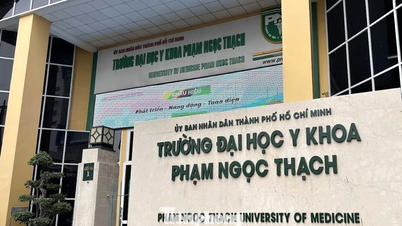

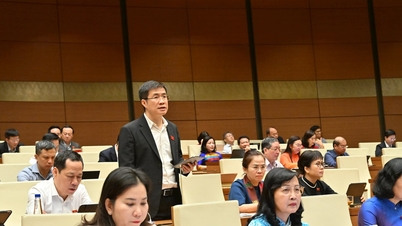

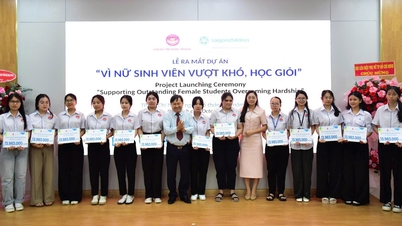

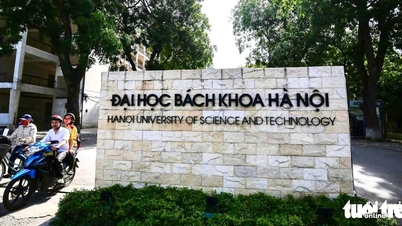
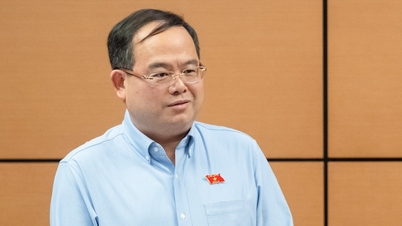





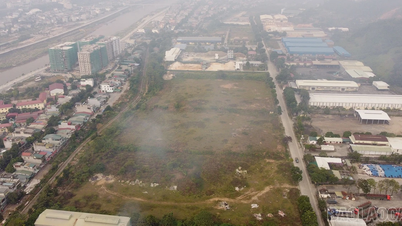
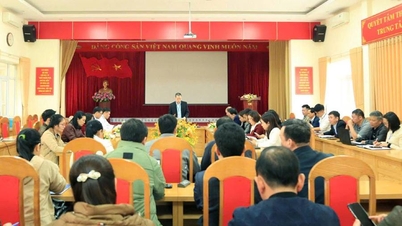

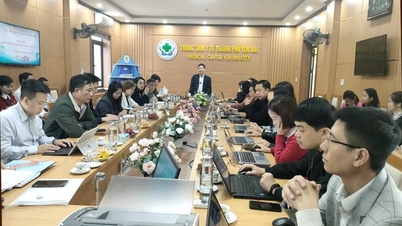
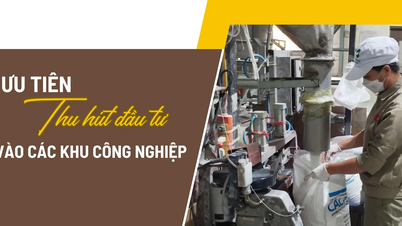








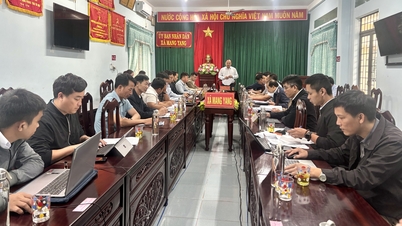

![[Photo] Worshiping the Tuyet Son statue - a nearly 400-year-old treasure at Keo Pagoda](/_next/image?url=https%3A%2F%2Fvphoto.vietnam.vn%2Fthumb%2F1200x675%2Fvietnam%2Fresource%2FIMAGE%2F2025%2F12%2F02%2F1764679323086_ndo_br_tempimageomw0hi-4884-jpg.webp&w=3840&q=75)


















































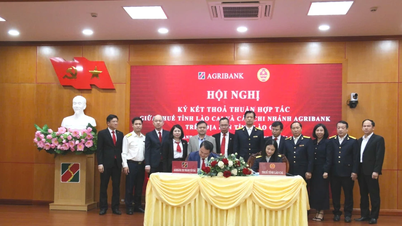


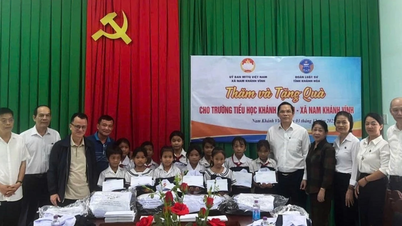


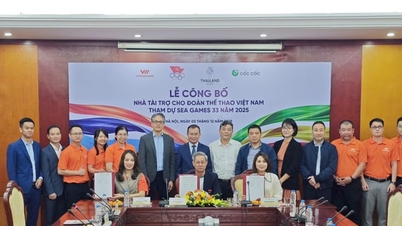

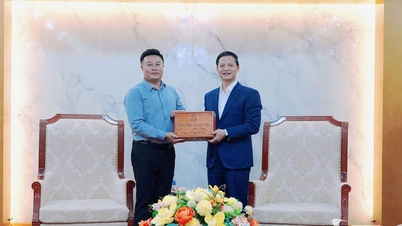














Comment (0)